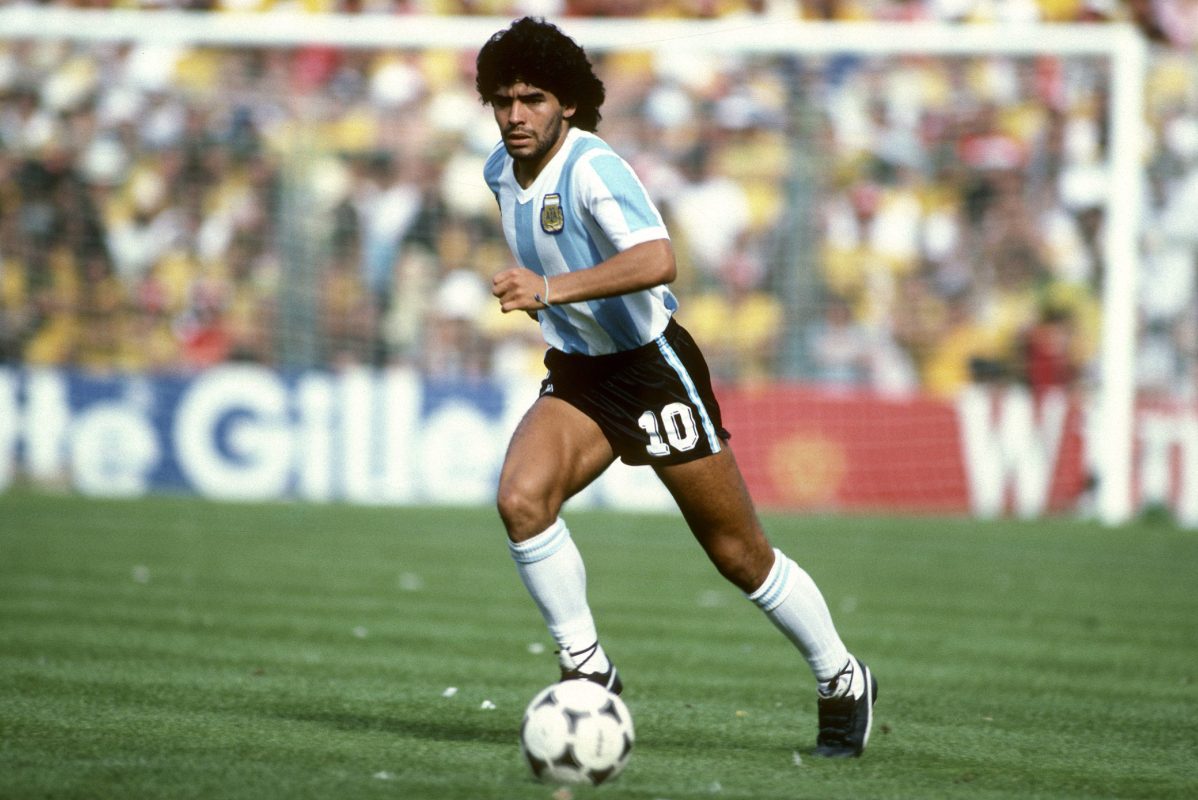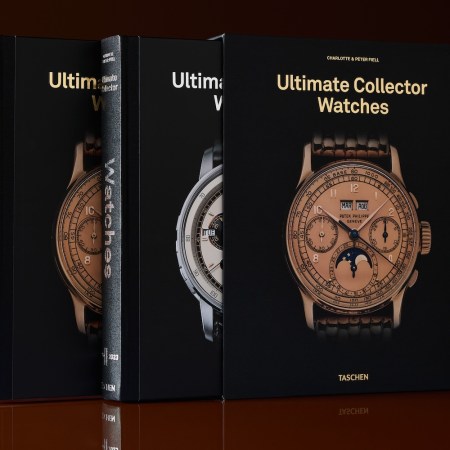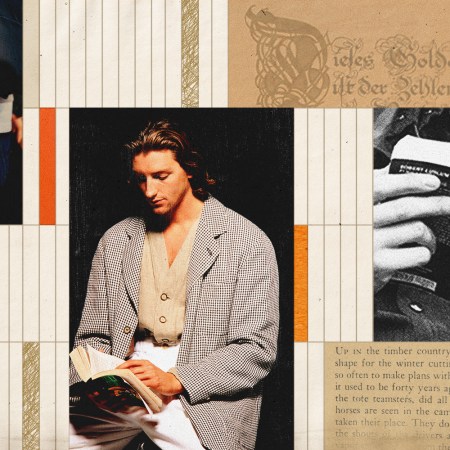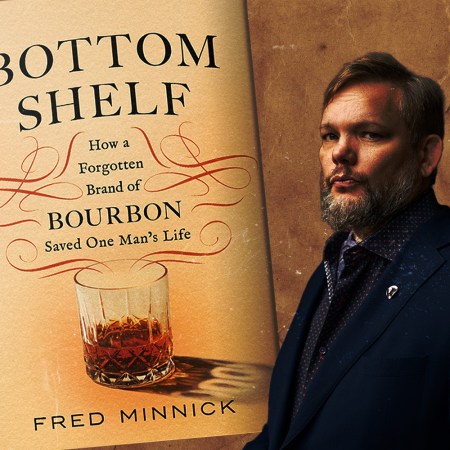The following was excerpted from Diego Maradona: The Last Interview, courtesy of Melville House. The interview was conducted by Julio Chiappetta and translated by Marissa Colon-Margolies for Clarin in 2020.
It’s a time of strict protocols for everyone. And Diego, who is an at-risk patient, has had to adapt to the rules the pandemic has imposed. Isolated in his house in [the Buenos Aires suburb] Brandsen, and in his only interview with Argentinian media, Maradona agreed to answer the questions that Clarín posed to him through his director of communications on the occasion of his birthday. Number 10 speaks about football and life.
The kid who was born and raised in Villa Fiorito, the boy who wore out his only pair of sneakers on a dirt field, the young man who started to dream when he began playing for [the junior team] Cebollitas, who trained in the prestigious school of Argentinos Juniors, and who got on a roller coaster he never could have imagined. The coach who’ll always be a soccer player. The guy who’d trap a ball with his chest even if he were wearing a new suit. A man of contradictions. He of the perfect World Cup and of the doping scandals. He who made his life go “viral” before the concept even existed. He who was the principal protagonist, willingly or unwillingly, of a constant reality show. He who, a few times, almost wasn’t able to dribble around death. The man in which all of these ingredients and many more coexist. Diego Armando Maradona turns sixty.
CHIAPPETTA: What are the best and worst things that have happened in your life? Do you regret anything?
MARADONA: I was and am very happy. Soccer gave me all I have, and more than I could have imagined. If I hadn’t suffered from addiction, I could have played much more. But today, that’s in the past; I’m well and what I feel most sorry about is that I don’t have my parents with me anymore. I wish all the time for one more day with la Tota, but I know that she is proud of me in heaven, and that she was very happy.
CHIAPPETTA: Raise a glass for your birthday and make a wish for all Argentines.
MARADONA: My wish is that this pandemic ends as soon as possible, and that my Argentina can overcome this and move forward. I want all Argentines to be well, we have a beautiful country and I trust that our president can get us out of this moment. It pains me to see kids with nothing to eat; I know what it is like to go hungry; I know what it feels like in your stomach when you haven’t eaten for several days and this shouldn’t happen in my country. This is my wish, to see Argentinians happy, with work and eating every day.
CHIAPPETTA: The pandemic hit you close to home: your brother-in-law passed away, your sister Lili was affected, and you also had to take strict measures. Are you afraid of the coronavirus?
MARADONA: This is the worst thing that could have happened to us; I’ve never seen anything like it. And it is hitting Latin America even worse. I hope it ends soon; there are people that are not doing well; many people who have lost their jobs and struggle to have enough to eat. I trust Putin; I am sure that he will have a vaccine for this soon because it’s already too much to bear.
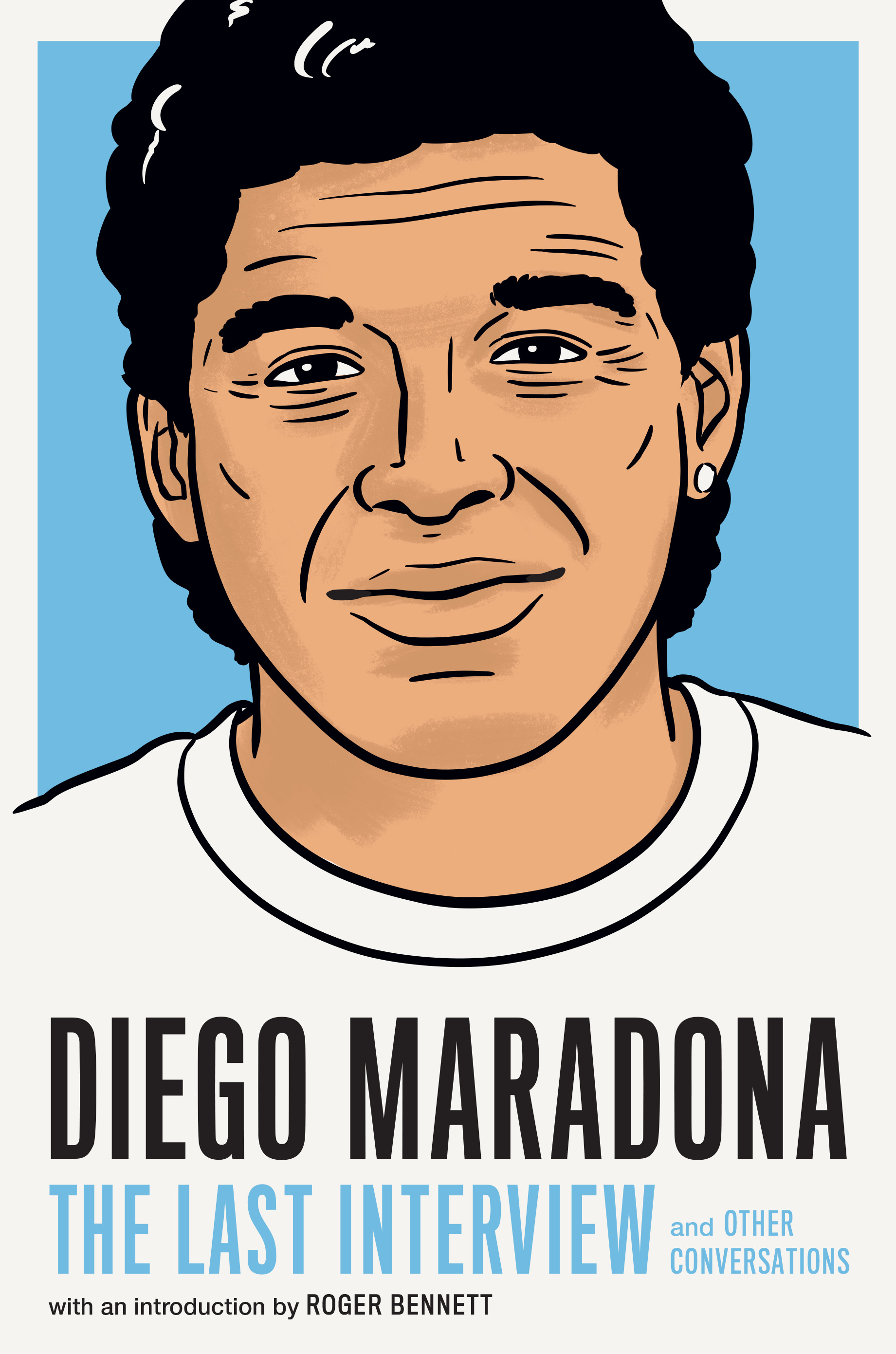
CHIAPPETTA: Do you feel that people change their behavior when they get close to you, see you, or shake your hand and hug you?
MARADONA: I will always be eternally grateful to the people. Every day I am surprised by them, I will never ever forget what I experienced when I returned this time to Argentinian soccer. It exceeded what I imagined. Because I lived abroad for a long time and sometimes wondered if the people would keep loving me, if they would continue feeling the same way . . . When I walked onto Gimnasia’s [the team Maradona was coaching] field the day of the presentation, I felt that the love of the people would never end.
CHIAPPETTA: What does an Argentinian athlete of any discipline have that makes them do the impossible in order to defend the colors of sky blue and white?
MARADONA: We Argentinian athletes leave our country very early; we live abroad for a long time and we miss Argentina a lot. Because of this, when the national team calls you, you come even if you have to do so swimming. Because it makes you feel, once more, that you are home, defending the flag, and this is what makes us distinct.
CHIAPPETTA: What excites you about Argentinian sports?
MARADONA: Everything. I watch everything, and I follow every Argentine athlete wherever they are. Wherever the Argentinian flag is present, I’ll always be cheering. When I see the face of an Argentinian athlete who wins, I feel happy. The other day I saw Peque (Diego Schwartzman) and Nadal play and I suffered more than Schwartzman.
CHIAPPETTA: How did you experience the Messi-Bartomeu- Barcelona situation? If you were in Messi’s place, would you have done the same and slammed the door?
MARADONA: I knew that it was going to end badly and thought that Leo was going to go. The same thing happened to me. Barcelona isn’t an easy club and Messi was there for many years and they did not treat him how he deserved. He gave them everything, brought them to the tallest heights, and one day he wanted to leave to have a change of scene and they said no. It isn’t easy to slam the door; there’s a contract, a very big club and the people who love you. In Naples I didn’t do it.
CHIAPPETTA: Who is the better candidate to win the Copa Libertadores: River or Boca?
MARADONA: Boca is good; I like it. Miguel Russo strengthened the team in the back and now a couple of players have joined that have raised the quality of the team. River has been working with Gallardo for a while now and this is important; they know each [other] very well, but I have a lot of faith in Boca.
The Charge will help you move better, think clearer and stay in the game longer. Subscribe to our wellness newsletter today.
